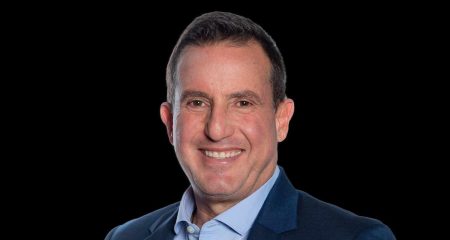
Eskom’s credit rating was cut to a deeper junk level by Moody’s Investors Service as South Africa delayed appointing a new board at the state-owned power producer and releasing its financial results.
Poor governance that’s left Eskom without permanent leadership, weakening liquidity and the decreasing likelihood of government support prompted the decision, Moody’s said in a statement on Wednesday. It lowered the producer’s long-term corporate family rating one step to Ba3, which means the debt poses “substantial credit risk”, Moody’s definitions show. It also placed the assessment on review for another cut within 30 to 90 days.
Eskom said it’s fallen “way below” its targeted liquidity buffers and has been caught up in scandals tied to the Gupta family, whose members have been accused of using their friendship with President Jacob Zuma to win contracts from the producer. Zuma and the Guptas deny wrongdoing. The utility is spending billions of dollars on delayed power plants and is the biggest recipient of state guarantees at a time when South Africa’s finances are buckling under lower tax revenue and higher debt.
“Access to the capital market and other funding sources has been restricted by investor and lender concerns as to Eskom’s poor corporate governance,” Moody’s said.
“Eskom continues to engage with the relevant key stakeholders to ensure that current governance related issues are expeditiously resolved,” interim group CEO Sean Maritz said in a statement on Wednesday. “We are also of the view that government’s willingness and ability to provide timeous support to Eskom remain solid.”
The utility has had four CEOs in the past year, and both the chairman and finance chief have been suspended. The department of public enterprises, which oversees Eskom, has delayed announcing a new board of directors until 6 December. The process to choose new appointees has been completed, a government spokesman said Wednesday.
The board appointments are too little, too late, according to Bronwyn Blood, a fixed-income portfolio manager at Granate Asset Management in Cape Town.
‘Extreme urgency’
“We were expecting it sooner due to its extreme urgency, as stated in the budget,” she said. “At this stage, I will believe it when I see it. The new board can be nothing short of individuals of the highest calibre who are not conflicted in any way in order for there to be clear intent on fixing the rot.”
The yield on Eskom’s $1.25bn of bonds due in February 2025 climbed 28 basis points to 7.11% at 3pm in Johannesburg, widening the yield premium over similar-maturity government debt to 248 basis points.
The electricity company initially planned to report first-half results by the end of November, but these are still being audited, spokesman Khulu Phasiwe said by phone on Wednesday. They will be released as soon as the process is completed, he said.

Goldman Sachs Group said in September that Eskom, which has more than R400bn due in interest and debt payments in the next five years, was the biggest single risk to the South African economy and that the government needed to replace its management.
Eskom has achieved more than half of its revised annual targeted funding for the year through March 2018, but still needs to raise a further R24bn and will continue to have high, ongoing financing needs unless it can materially scale back capital expenditure, which is unlikely, Moody’s said.
“The funding plan can still be executed, albeit under challenging conditions,” Calib Cassim, Eskom’s acting chief financial officer, said in the Wednesday statement. “We are committed to ensuring an improvement of our liquidity levels and restoring the positive lender and investor sentiment.”
The meeting of South African cabinet ministers that was meant to consider Eskom’s board has been rescheduled for next week, said Colin Cruywagen, a spokesman for the department of public enterprises. “An announcement has to follow a legal process where it gets passed by cabinet. We expect to make the announcement by 6 December.” — Reported by Renee Bonorchis, Paul Burkhardt and Loni Prinsloo, (c) 2017 Bloomberg LP




